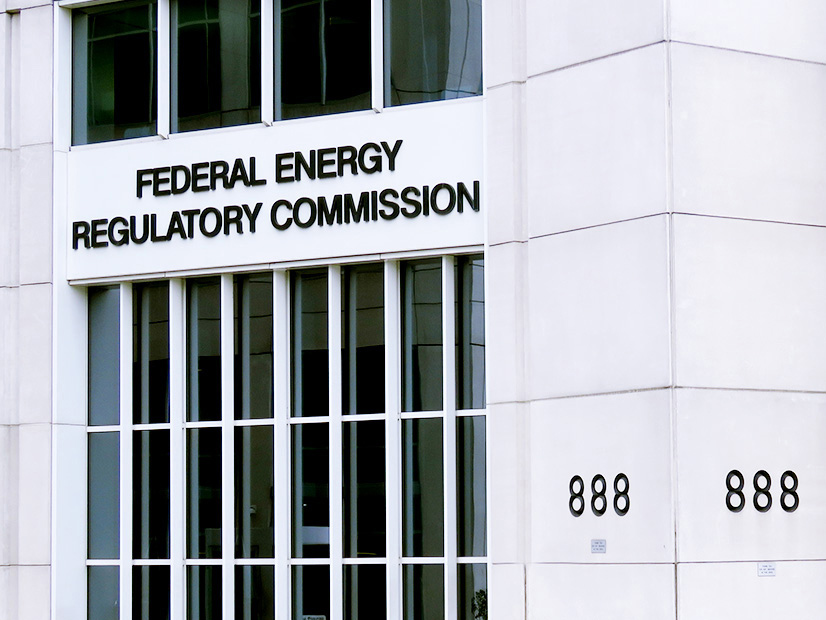FERC on Friday approved Niagara Mohawk Power’s construction recovery requests for the Smart Path Connect project while partly accepting its rate schedule revisions.
The commission also ordered a proceeding to determine the justness of its proposed transmission service charges (ER23-973/ER23-974).
The National Grid subsidiary sought to recover all costs from the construction work in progress costs for the Smart Path project it is building alongside the New York Power Authority, as well as revise its RS15 mechanism and create a new RS18 requirement, which set rates for transmission service charges and establishes a Smart Path charge recovery standard, respectively.
FERC accepted Niagara’s Smart Path cost allocation plan and its request for construction cost incentives, as well as the RS18 proposal, but only partly accepted the proposed RS15 revisions.
Smart Path would rebuild roughly 100 miles of 230-kV transmission lines, replacing them with either 230-kV or 345-kV lines and upgrading associated substations, creating a continuous 345-kV path from northern New York to the downstate region to mitigate congestion. The project was designated a “priority transmission project” by the state’s Public Service Commission and was one of the key products to come out of the Climate Leadership and Community Protection Act.
FERC previously rejected Niagara’s Smart Path cost allocation and recovery plans, but the utility adjusted its proposal to create RS18, which sets a 10.3% return on equity and applies a capital structure that becomes possible if the RS15 revision to add a project-specific incremental formula rate to the mechanism is accepted as well. (See FERC Rejects Niagara Mohawk Tx Cost Formula, ROE Adders.) NYISO submitted these filings on behalf of Niagara.
Niagara also proposed a 20% ROE cost containment mechanism for when actual costs exceed the $481.9 million project cost cap.
The commission approved the utility’s RS18 proposal to allocate Smart Path’s costs on a statewide volumetric load-ratio share basis, noting that it “accepted a similar participant funding agreement allocating costs for local transmission projects needed to meet the CLCPA.”
FERC also accepted RS15 revisions that comply with Order 864, which required transmission providers to revise their formula rates to account for changes caused by the Tax Cuts and Jobs Act of 2017.
However, after finding that the part of the RS15 proposal related to the allocation of general plant and administrative expenses “raises issues of material fact that cannot be resolved based on the record before us,” the commission ordered hearing and settlement proceedings to address the matter.
Concurrence
Commissioner Mark Christie wrote a concurrence emphasizing that Friday’s order does not suggest that one state’s public policy costs can be forced onto consumers in another.
Christie wrote that “costs related to a public policy project — which the Smart Path Connect Project is — should be borne by the sponsoring state and not shifted to consumers in other states.”
“That is how democracy is supposed to work,” he added.
“There is nothing in the record in this matter to indicate that any of the costs of the transmission projects that will be built to implement New York’s public policies under the terms described in this proposal will be forced on consumers in other states,” he said.
“Any suggestion that this order can be read to permit shifting a state’s public policy costs to consumers in other states or to suggest that the consumers in other states benefit from those projects without the express agreement of those other states is incorrect and it is not the order I support here or would have supported here,” Christie concluded.
The proposals accepted by FERC became effective April 1. National Grid estimates Smart Path’s total capital cost will be $1.2 billion and its in-service date will be December 2025.
The company declined to comment on the ruling.



